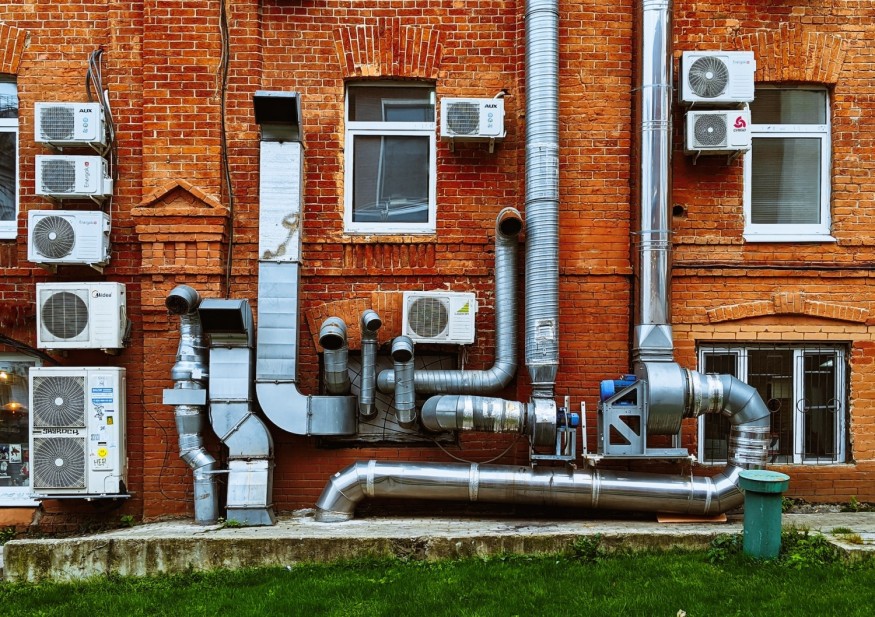
HVAC stands for heating, ventilation, and air conditioning units. HVAC units play a similar role as residential units in providing high-quality air to your tenants. Air heating is reached by burning fuel, and HVAC units should be able to achieve this.
An effective HVAC unit dilutes gases, eliminates odours, and prevents the spread of respiratory diseases. However, these units should be serviced regularly to achieve this. Below we discuss everything you need to know about commercial HVAC systems.
Check out HVAC Commercial Prop Tech for more details.
How do Commercial HVAC Units Work?
Regulating a commercial building's climate requires controls, a distribution plan, and cool or warm air.
Warm or Cool Air
Burners create a gas when the HVAC unit activates heating, which is later transferred to heat exchangers. Heat pumps bring outdoor heat to a property, and certain commercial buildings heat water using a boiler system.
Distribution
Mechanical systems push air via ventilation, which makes the cool air fall, and warm air rise.
Controls
Commercial buildings use programable and simple thermostats to send different cooling or heating cues, like in residential systems. Commercial HVAC units also use direct digital controls, which are more challenging.
Types of HVAC Units in Commercial Buildings
The main types of HVAC units in commercial buildings include the following;
Packed Systems
These systems are all-inclusive, consisting of the condenser, compressor, and evaporator. These HVAC units are ideal for buildings that lack enough space for a bigger unit. Packed HVAC units are mainly found in hotels and restaurants.
Split Systems
Split systems are joined to the building's ductwork and are ideal for residential buildings. Every area can be regulated using a DDC or thermostat, but the main downside is you might need a separate HVAC unit for every space you wish to control.
Rooftop HVAC
This is described as the package roof found on a commercial building's roof. These units are fully assembled at the factory and have air hoods to condition exterior air. This HVAC is preferred due to its adaptability, easy installation, and space-saving.
VRF Systems
These units are a recent addition to the US and are among the most sophisticated designs. These units are ductless, meaning they depend on heat recovery systems.
Final Thoughts
HVAC units are essential in a commercial residence due to their numerous functions and benefits. These units are readily available and play a huge role in air quality at the residence. The above article has discussed all you need to know about these systems, and you can reach out for more.



